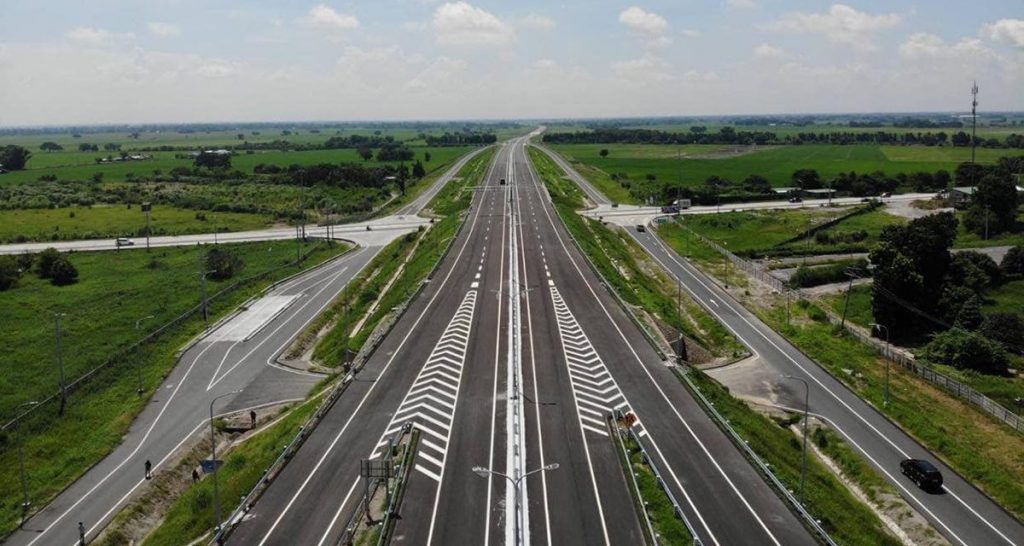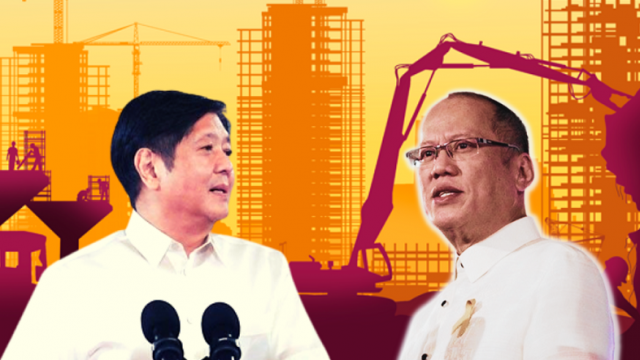President Benigno Aquino III’s Public-Private Partnership (PPP) program was a major initiative during his presidency aimed at promoting infrastructure development in the Philippines. Launched in 2010, the program sought to leverage private sector resources and expertise to accelerate the implementation of priority projects in the country.
Under the PPP program, the government identified key infrastructure projects such as highways, airports, and seaports, and sought private sector partners to help finance, build, and operate these facilities. The program was seen as a way to address the Philippines’ chronic infrastructure deficit, which had long been viewed as a major impediment to economic growth.
Over the course of his presidency, Aquino was able to secure private sector participation in a number of key infrastructure projects, including the Mactan-Cebu International Airport, the Ninoy Aquino International Airport Expressway, and the North Luzon Expressway-South Luzon Expressway Link Project. These projects helped to improve the country’s transportation infrastructure and were seen as critical to the country’s economic development.
Overall, Aquino’s PPP program was successful in mobilizing private sector resources to support infrastructure development in the Philippines. While there were some challenges and controversies along the way, the program demonstrated the potential of public-private partnerships to drive economic growth and development in the country.

Pres. Bongbong Marcos adopts Aquino’s PPP economic plan
During Pres. Marcos speech at the 48th Philippine Business Conference and Expo in Manila, the president urged the private sector to participate in the development of the country. He disclosed that there are currently 74 public-private partnerships (PPP) projects which were originally started by the Aquino administration valued at P2.25 trillion that are already underway.
“We make a strong push towards infrastructure development with special emphasis once again on public private partnerships in key projects. As of August last year, we already have a total of 74 PPP project in the pipeline with a combined estimated cost of P2.25 trillion,” Marcos said during his speech.
Marcos emphasized that his administration is committed to enhancing the business environment to allow the private sector to maximize their contribution to the revitalization of the country’s economy. He called on stakeholders to work together to create more infrastructure projects that will empower and strengthen the economy, and stressed the need for more energy projects, infrastructure projects, and projects for MSMEs and agriculture.
Furthermore, the President is committed to making the country a viable option for both local and foreign investors. He underscored that the government has fostered programs and projects to shift the contribution to the gross domestic product (GDP) not only on the service side, but also on the manufacturing side, which will help the country in trade.
Marcos assured that he will take necessary steps to strengthen the relationship of businesses with the government, consumers, and the public. He recognized the vital role played by entrepreneurs and the business sector in steering the country towards economic success, and is optimistic that the Philippines is open and ready for business again.
Infrastructure projects under the Private-Public Partnership are critical to nation-building in the Philippines as they provide the necessary foundation for economic growth and development. The construction of highways, bridges, airports, seaports, and other infrastructure facilities facilitates the movement of goods and people, promotes trade and investment, and creates jobs and economic opportunities.
Infrastructure projects also improve the quality of life for Filipinos by providing better access to essential services such as healthcare, education, and water supply. They enable the delivery of these services to areas previously underserved, and reduce the disparity between urban and rural areas.
Moreover, these PPP’s stimulate economic growth by attracting domestic and foreign investments, and increasing productivity and efficiency. This ultimately leads to higher income levels, which in turn enhances the purchasing power of Filipino’s and drives consumer spending, further bolstering economic growth.
Infrastructure projects also contribute to the country’s resilience and ability to withstand natural disasters and crises. By improving infrastructure, the government can better respond to emergencies and provide essential services to affected communities.
In conclusion, infrastructure projects are vital to nation-building in the Philippines as they provide the necessary foundation for economic growth and development, improve the quality of life for Filipinos, and contribute to the country’s resilience and ability to withstand crises.
Photo courtesy: Bongbong Marcos facebook page / Noynoy Aquino III facebook page
Next article: Understanding the Importance of the West Philippine Sea to Filipinos


